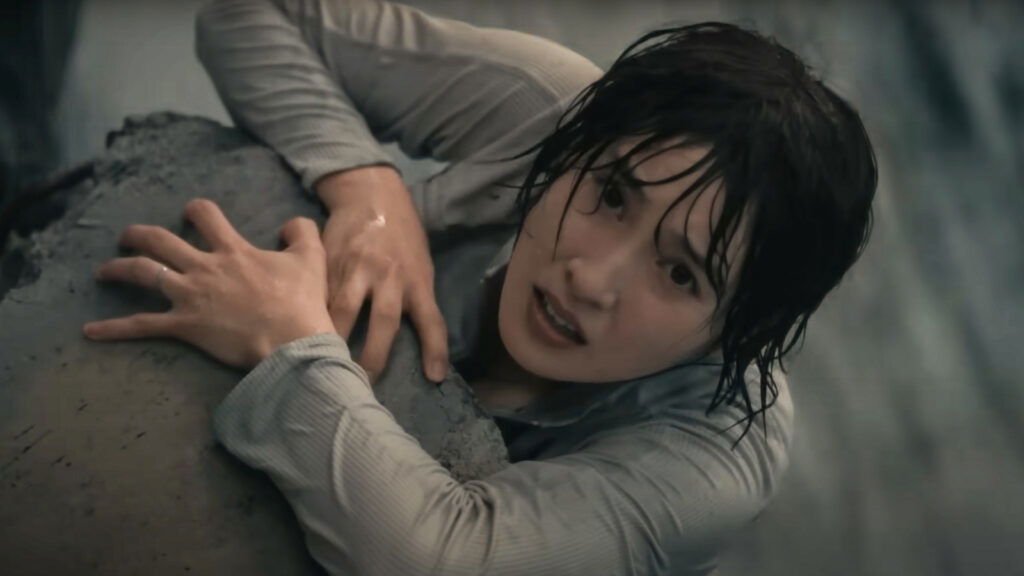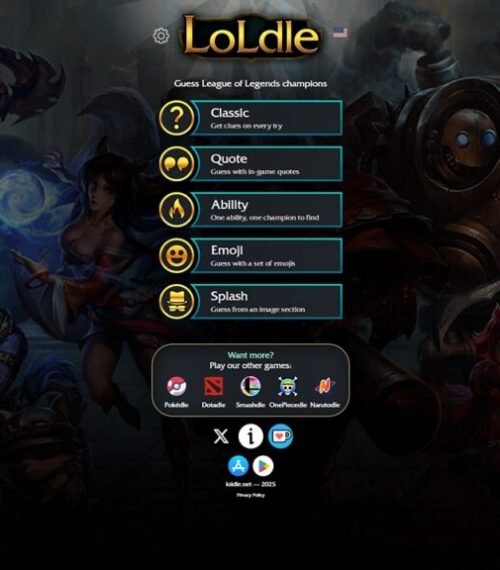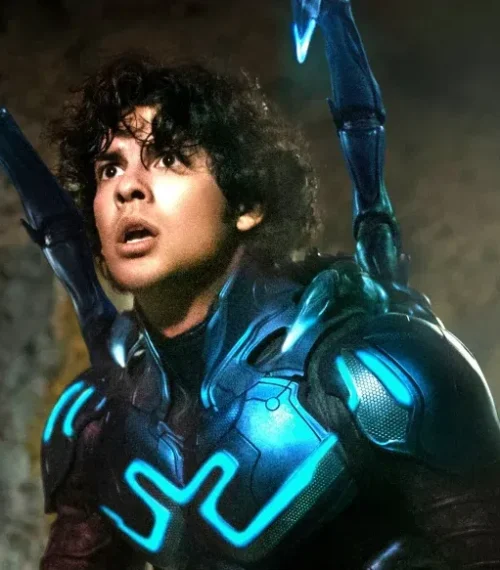Netflix has milked a beloved series until it echoes something it was never meant to be. Season 3 transforms Alice in Borderland from a sharp thriller to a more commercial, Squid Game-like direction, leaving many fans disappointed.
Both shows now share a disturbingly similar blueprint: A pregnant woman flung into deadly games, babies born, returning protagonists who had once escaped, vertigo-inducing tower finales, and a closing shot that screams international spin-off. One after another, Alice in Borderland ticks the exact same boxes that made Squid Game a Netflix goldmine. Only this time, it feels like a copy-paste job in high definition.
Take Usagi, carrying life inside her, yet tossed into death games with no leniency. This deliberate choice echoes Jun-hee’s harrowing run in Squid Game Season 3, where she participates while visibly pregnant. And it doesn’t stop there. In Squid Game, Gi-hun’s post-victory torment leads him back to the belly of the beast. Similarly, Arisu dives headlong into the Borderlands again, this time to protect Usagi. Two haunted men, two reluctant returns!
And then comes the most groan-worthy moment: the final diner scene. In Alice in Borderland, we zoom in on a waitress named Alice in what appears to be California, right after a globe-rattling earthquake hints that the Borderlands are about to go international. Sound familiar? That’s because Squid Game ended with a recruiter playing the invitation game abroad, hinting that hell is going global. Fans aren’t blind. Let’s dissect further.
Alice in Borderland Season 3 Ending Explained: What It Really Means for Arisu and Usagi
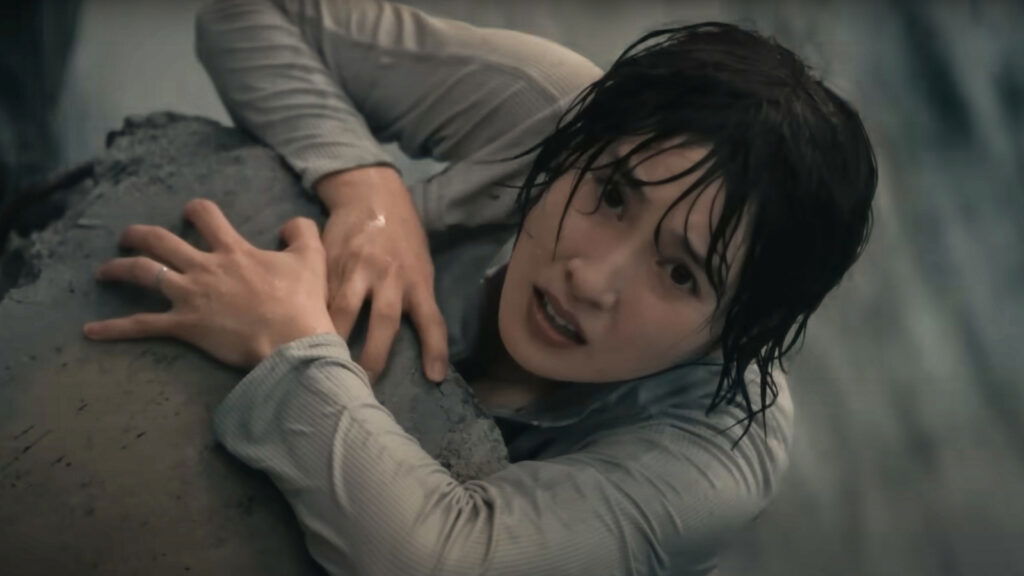
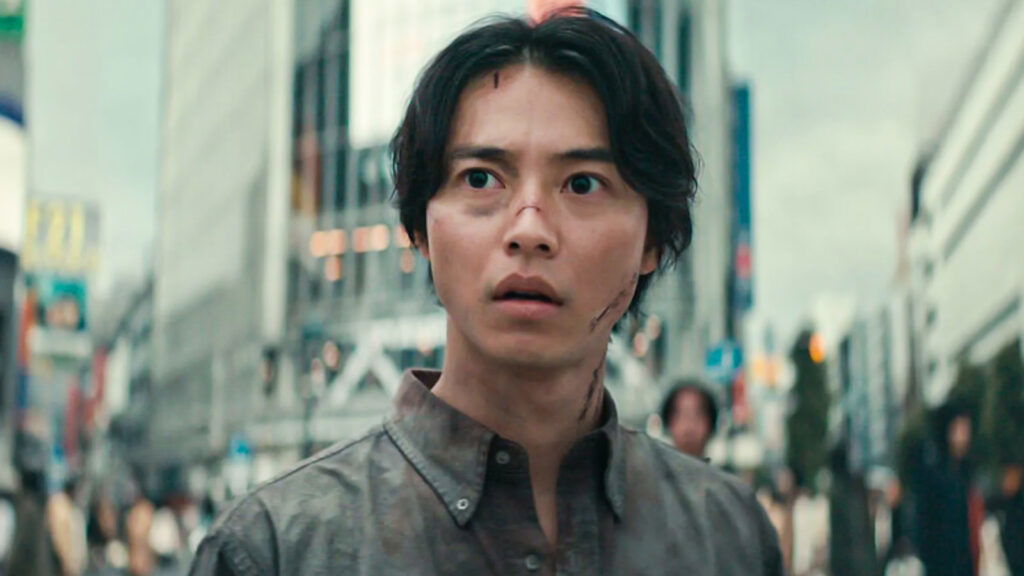




By the time Arisu and Usagi return to the real world, it feels like peace until it doesn’t. Alice in Borderland
The Man in the Hat warns of a looming catastrophe in the real world, one that’ll send souls flooding back into the Borderlands. That prediction quickly bears fruit: Earthquakes rattle Japan. News reports speak of global tectonic instability. And in the final moments, we’re abruptly in what looks like an American diner. The waitress? Wearing a name tag that reads “Alice”.
It’s not subtle. It’s a neon-lit hint that the next installment could feature a new protagonist, an American one. Possibly even a fresh narrative thread where she becomes the next unwilling pawn in the cruel games of the Borderlands.
Yet, the ending also wraps Arisu and Usagi’s arc with care. He’s no longer su*cidal. She’s processed her grief. They’ve transcended their trauma, for now. But if Netflix wants to bring them back, it’ll have to find a catastrophe big enough to justify it, and fans might not buy that ticket twice.
Why Alice in Borderland Season 3 Can’t Have the Same Ending as Squid Game Season 3
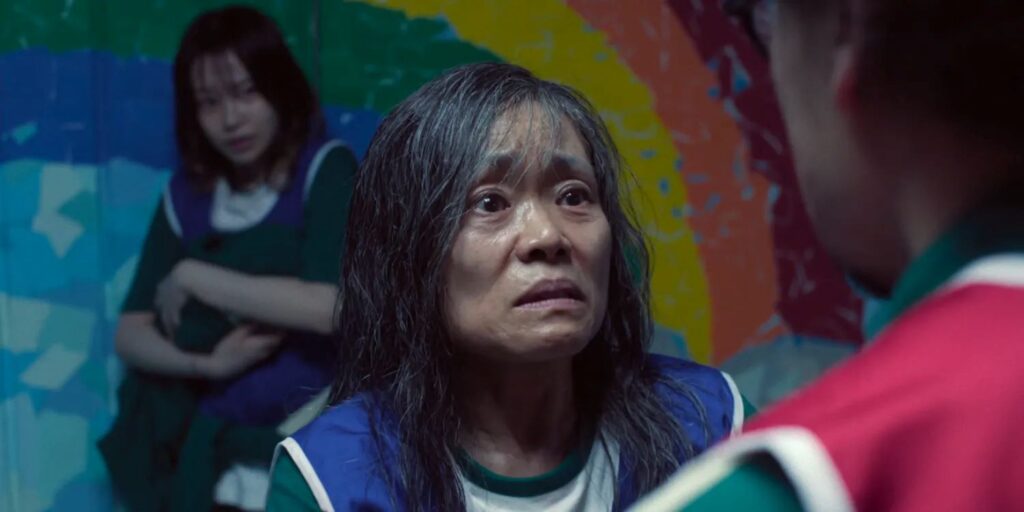
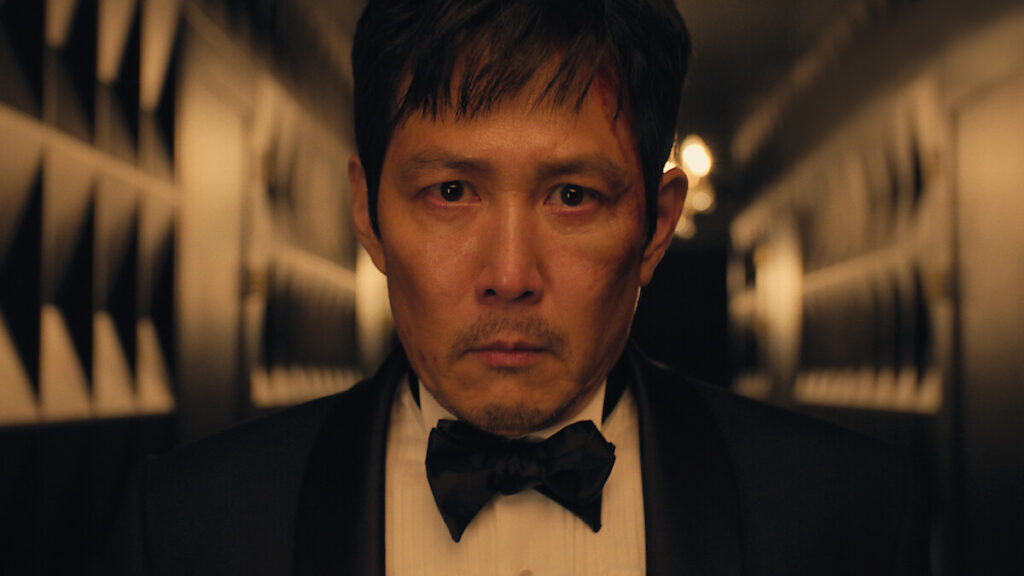

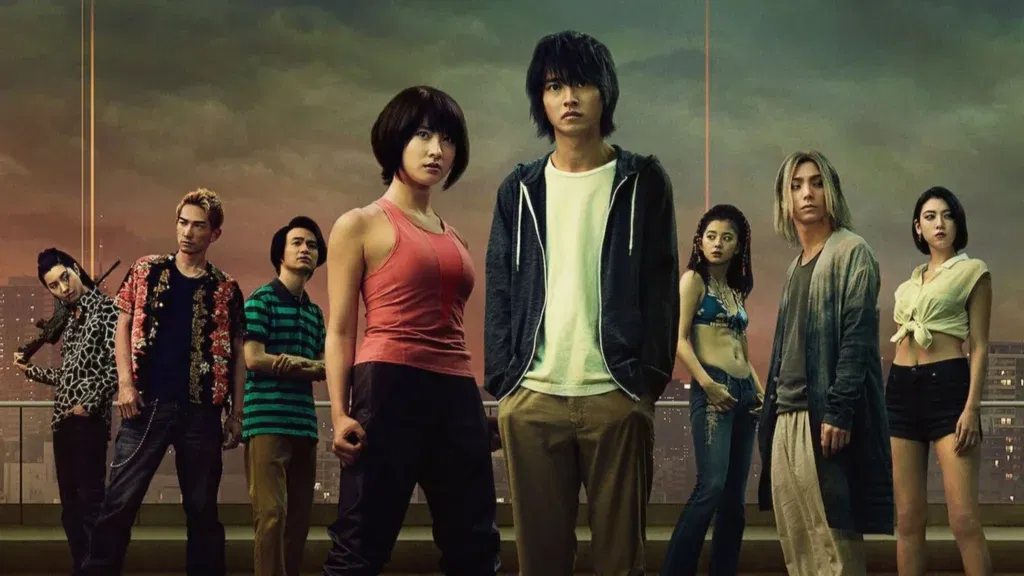
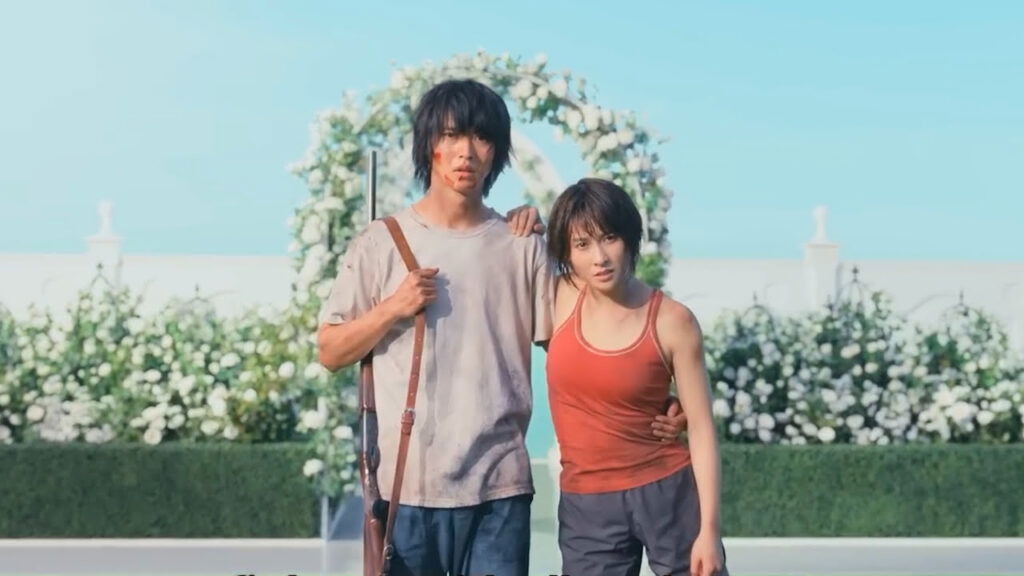
Here’s the problem: Alice in Borderland was never supposed to be Squid Game. The two shows serve different psychological dishes. Squid Game thrives on sociopolitical allegory, dissecting capitalism, inequality, and human desperation with every blood-soaked round. Gi-hun’s final defiant act, his refusal to let humans be treated like racehorses, was a narrative exclamation point that matched the series’ anti-capitalist core.
In contrast, Alice in Borderland is a deeply personal story. It’s Arisu’s internal war, his journey from numbness and despair to rediscovering his will to live. His decision at the end of Season 2, to embrace life, with all its scars, is not just a character beat; it’s the soul of the show. Killing him off or dragging him into a sequel just for the sake of global expansion would erase that emotional arc entirely.
Season 3 wraps up Arisu and Usagi’s story. It gives closure. But Netflix dangles a new storyline: a potential Western lead, possibly a fresh take on Alice. While rumors of an American Squid Game remake have swirled, this feels more calculated. So, if a follow-up happens, and let’s be honest, with the streaming giant’s track record, it probably will, it’ll likely feature new faces, new borders, and perhaps a few returning cameos.
But if it forgets what made Alice in Borderland unique, its haunting stillness, its existential weight, its emotional depth, it risks becoming just another entry in the ‘death game cinematic universe’. And it’s hard not to feel like Alice in Borderland Season 3 was co-opted, flattened out to serve the same formula that made Squid Game a global hit.
Once lauded for its emotional nuance and cultural specificity, Alice in Borderland now seems like it’s boarding the same flight to global franchise fatigue. Is it smart branding? Maybe. Is it good storytelling? Not quite. Moreover, Netflix has not yet confirmed Alice in Borderland Season 4 or a spin-off, but early metrics may decide its future.
Will Arisu and Usagi return? Should they? Or is it time to close the book on the Borderlands while it still holds meaning? Tell us what you think: did Netflix level up or level down? Drop your thoughts in the comments below.
Alice in Borderland Seasons 1–3 and Squid Game Seasons 1–3 are streaming now on Netflix.

